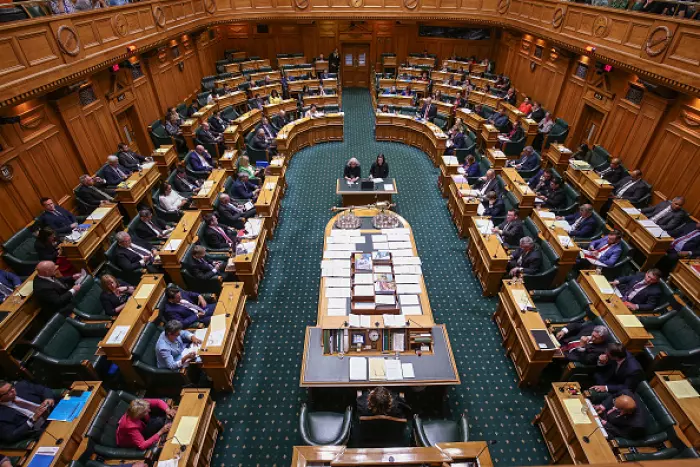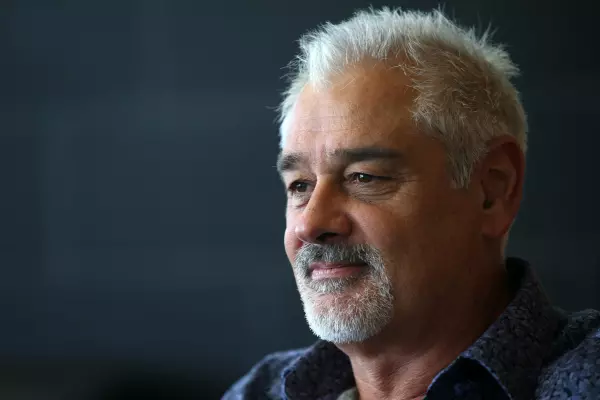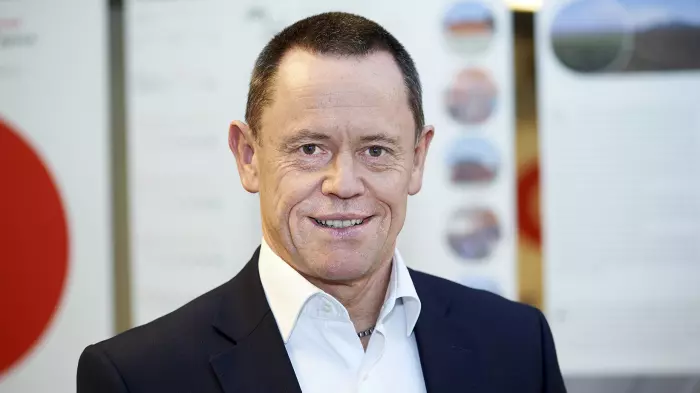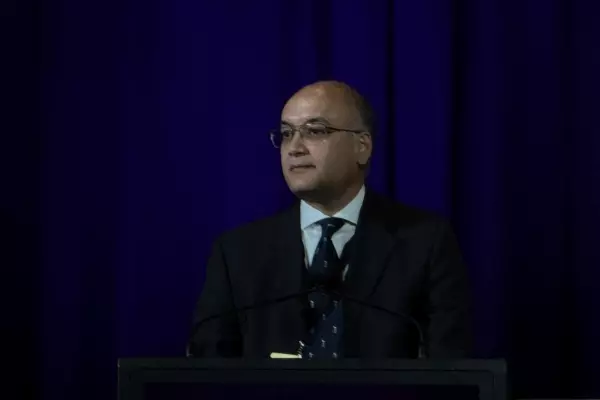New Zealanders head to the polls this morning to elect a new government that will spend the next three years in power.
And that is a problem.
Three years is a relatively short term and it is out of step with many other jurisdictions. I believe it’s time for a re-think in New Zealand. Our country needs a longer-term approach to our governance cycles.
We are one of only a handful of democracies to retain a three-year term. That is not the driver for change per se, but it does indicate a four-year term can work – it is not an unknown or untested approach.
While I’m all for NZ taking its own unique and independent approach to things, I also think it is good practice to review your operating model. Our current one hasn’t seen significant change since the introduction of MMP in the 1990s.
Time for another look
It’s high time for a review – and potentially some change.
This is not change for change’s sake. From a governance perspective, it is essential organisations make decisions contributing to a sustainable future.
Life is complex and the three-year cycle doesn’t provide enough time for those leading the country to build the momentum they need on important issues outside the election cycle.
By my very rough calculations, a three-year cycle probably allows a government only 15-to-18 months to deliver their actual work. There is so much challenge and complexity for countries to grapple with these days, another year could make a world of difference, while still allowing good democratic process to occur regularly.
Whoever forms the government for the next three years, I would strongly encourage them to act quickly. The appetite is there and we could generate some positive cross-party action to have the debate and assess whether our current model is really fit for purpose.
Academic backing
This has academic support.
In 2019, the Institute for Governance and Policy Studies at Victoria University of Wellington, with support from the Office of the Clerk of the House of Representatives published: Foresight, insight and oversight: Enhancing long-term governance through better parliamentary scrutiny, which favoured extending the term for government.
The report states a four-year term would enable governments to undertake “policy reforms in a more careful, considered, evidence-informed manner."
"It would also provide more time to address major, long-term issues and seek cross-party agreement on possible solutions. In terms of parliamentary scrutiny, it would enable select committees to undertake more thorough and detailed investigations of important issues and governmental performance.”
Back in 2016, our institute's Director Sentiment Survey found an overwhelming majority, 84 percent, of directors agreed that extending the parliamentary term from three to four years would improve the governance of NZ.
In referendums in 1967 and 1990, only about a third of voters were in favour of a change to the parliamentary term, but that was a long time ago and much has changed in the world.
We need to take the temperature again.
Thinking about the future
Of course, the term itself is only one part of the puzzle.
Best practice governance is about focusing on the long-term.
For anyone in the political seat of power this means looking beyond yourself, at policies that will endure and make sense past the election cycle.
“Forward-looking scrutiny is thus more problematic than backward-looking scrutiny. But it is no less essential. It is vital for citizens to know whether their government is exercising wise stewardship," the 2019 report recommending a four year term said.
"For instance, is it anticipating future risks and opportunities, and responding accordingly? Is it taking a sufficiently precautionary approach, especially when confronting the risk of severe and/or irreversible impacts?
"Is it effectively maintaining and investing in long-term infrastructure? Is it seeking to enhance societal resilience and sustainable development?
"Is it having proper regard to the reasonably foreseeable needs of future generations?”
These are important questions. Indeed, they are questions every board and director in NZ should ask themselves regularly in light of their own decisions.
We are stewards and we need to hand the baton on, ensuring important decisions for our communities, society, country and planet are not made for short-term impact or gain. It’s a given that our government must do the same.
Meaningful change takes courage, unity and conviction. I look forward to seeing this important issue high on the agenda and robustly debated.
Good governance matters now more than ever and we must do whatever is needed to get it right.
Kirsten Patterson is CEO of the Institute of Directors.












